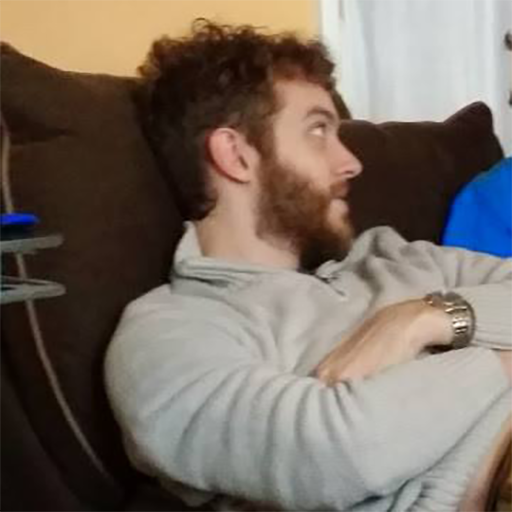Hi all,
I have an Intel NUC Skull Canyon. It’s running POP_OS!
I purchase a microSD card, and it came with an SD Adaptor.
I’ve plugged it in, but nothing shows in files.
I have run lsusb, lspci, and even:
sudo lsblk -o MODEL,NAME,FSTYPE,LABEL,MOUNTPOINT,SIZE
However it’s just not showing up anywhere.
The microSD is brand new, and a model called:
SAMSUNG 512 EVO Plus A2 V30.
I am not sure if the card is maybe so new, that linux can’t see it yet? I doubt that.
I wonder if anyone has any ideas? I don’t have another SD Adaptor, nor any other computer with an SD or microSD slot.
Thanks so muchy
I’ve had that happen with one of those exact same cards and it was a bad card, could be your issue too.
My built-in SD card reader shows up in
lspcias an “SD Host Controller”. Sincelspciandlsusbshould list everything that’s connected, it should show up there. If it’s not there, it is not connected, or idk, it’s broken maybe. Or it’s not listed with a name, just a number. I think the names come from some database of known devices. Maybe your SD card reader is a unicorn and nobody has ever seen it before and so it’s not in the database.Does your SD card reader itself show up in lsusb? Does anything extra show up in /dev when plugging it in? It may be that there’s no partitions on the drive, so you don’t see any storage. Could also be either your reader or card not working, however. It would help to get another reader or card to test if your reader or card work.
If the card reader is built in, it may show up as
/dev/mmcblk0.Thanks for your answer. It is built in, but that does not exist in my file system.
The reader may need a kernel module loaded. I have an old laptop with a built in Realtek PCIe card reader that requires the
rtsx_pci_sdmmcmodule to be manually loaded.If it is a PCIe card reader, it should have shown up in lspci even without the module loaded though.
Have you checked the BIOS settings to make sure it hasn’t been disabled there?
Thanks for the reply. It does not show up in lsusb as far as I can tell. Unplugging and pluging back in shows no difference in output. I will have to maybe test it in another machine. I’ll ask about. Thanks for your time
Does anything show up in
dmesgwhen you plug in the adaptor?I read that you don’t have another adaptor or computer for debugging, but it’s equally sad that it’s most probably the best result you can get, knowing or not knowing what the root cause is. You literally need to test another adaptor, try another SD card, try a different USB port. Basically throw everything at the wall and see what sticks. It would work without technical knowledge eventually.
Ive had similar issues on both windows and Linux, seems to be a hardware thing:
For some microSD adapters you specifically have to plug the SD card into the adapter before the adapter is plugged into the computer. I assume its something about the computer only registering a “new device” when the USB is plugged in.
In your shoes: I would run
journalctl -fand then try plugging in your adapter and watch the logs scroll as you do it to catch for errors, failures, timeouts, or even if it detected anything at all .Does the device show up if you open Gparted? Maybe it needs to be formatted. Though I guess it’d still show up with ‘lsusb’ even if it needed formatting.
Thanks for the answer. No, nothing in Gparted, or Disks. Nothing in lsusb either.
gnome-disks doesn’t see it?! that’s not good.



